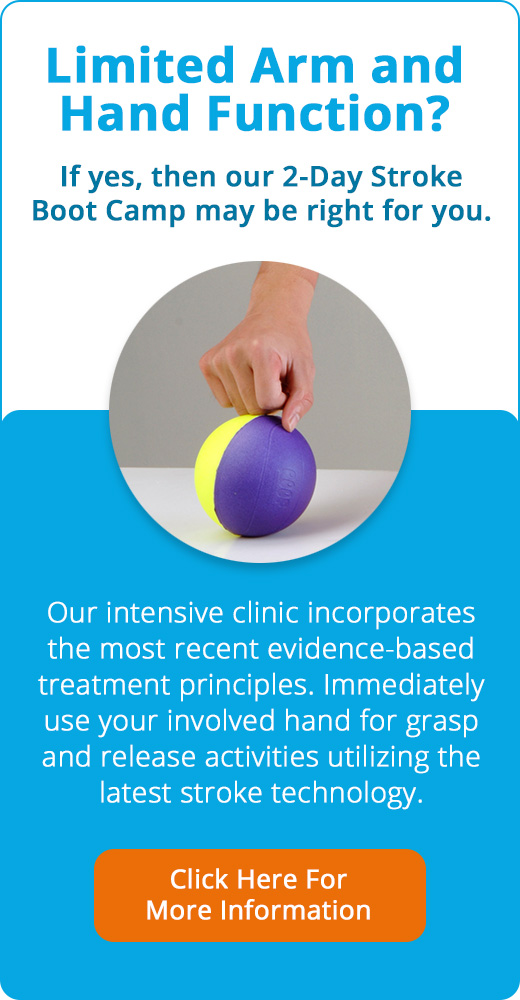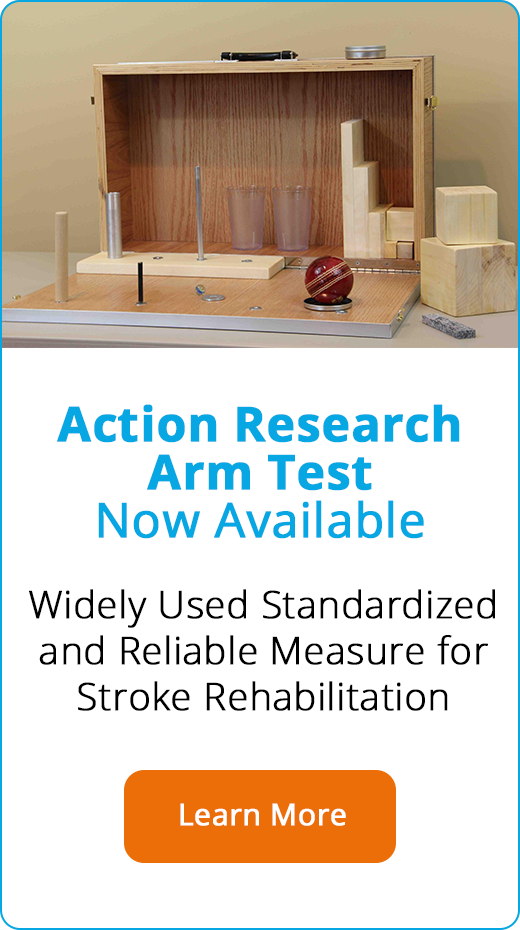How to Select a Top OT Stroke CEU – Continuing Education Class
NeuroRehab Team
Saturday, November 19th, 2022

Stroke recovery is a hard and long journey for most patients. There are therapists that “treat neuro patients” and then there are “neuro therapists”. In order for a patient to reach maximum potential with their rehab journey, they will need a clinician that understands, appreciates and knows the neurorecovery process.
This type of clinician will need to be adept with the latest stroke research and differentiate between interventions that are considered beneficial and not beneficial. It is essential that a clinician that treats neurological patients gets up-to-date and competent on the latest research advances and treatment strategies.
New Stroke Shoulder Course Now Available
One way to level-up and enhance a your neuro skills is by taking the right stroke recovery CEU continuing education class. When looking for a good stroke CEU, you should pay special attention to 3 possible red flags.
3 Red Flags to Consider When Searching for the Perfect Stroke CEU Class
Instructor(s):
Research the instructor and confirm that he or she is considered a thought leader in the stroke space. Look to see if they authored or published any peer-reviewed articles, blogs, videos, or have a website. Check out their social media accounts and see if they have a LinkedIn account to read up on their posts or accomplishments. Most importantly, does the instructor embrace evidence-based practice. Knowing a lot about the instructor will confirm if the course is considered a worthy expense.
Course Description and Learning Objectives:
The Description and Objectives are a window to the course material. Do they clearly explain what will be discussed and does it meet your expectations. Learning outcomes must reflect the educational level assigned to the PD activity. Be sure to look at the level (beginner vs. advance) as this may affect your learning experience. Also, look for key words such as "evidence" and "research" to make sure this is not a feel-good theory course not backed by science. If you notice that the description is extremely vague or highlights primarily "old-school" traditional concepts like NDT/Bobath/handling techniques, be cautious as these treatment interventions are not considered beneficial or superior as advertised on certain sites. Again, search PubMed to confirm. More on this below.....
Research
This one is a deal-breaker.
Is the course that you are interested in backed by science? If you are not sure, visit PubMed or another online EBP search directory to confirm. As a licensed professional, we have a duty to elevate our knowledge and advance our skills though the use of evidence-based practice.
In 2017, the Occupational Therapy profession turned 100. AOTA’s Centennial Vision states “We envision that occupational therapy is a powerful, widely recognized, science-driven, and evidence-based profession with a globally connected and diverse workforce meeting society’s occupational needs.”
As the neurorehabilitation field continues to flourish, and conventional treatment interventions are replaced or transformed based on current science, one cannot help but remain optimistic about the future. With this great enthusiasm comes the opportunity to update our knowledge, and thankfully, there are many wonderful science-based neuro courses to choose from.
Caution
Be careful as there are some stroke approaches that state comments like "superior" or "unmatched" yet their "theory-based" treatment is nowhere to be found in any peer-reviewed articles. Cancel your order if you cannot find any research to support their content!
Hopefully, the above suggestion are helpful when selecting the best stroke courses for your needs. To learn more about stroke research, what works and what does not work, visit www.ebrsr.com. This website will get you up-to-speed on the latest stroke research.


Leave a Reply
You must be logged in to post a comment.